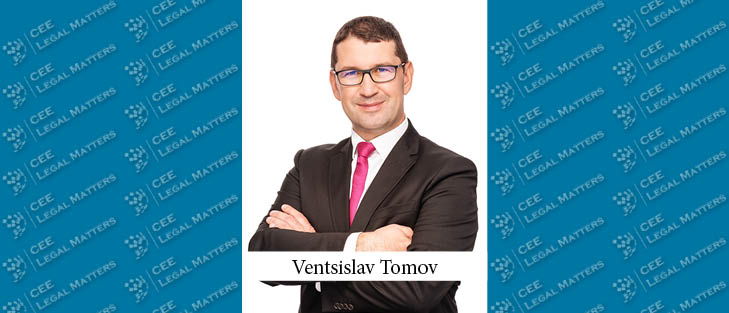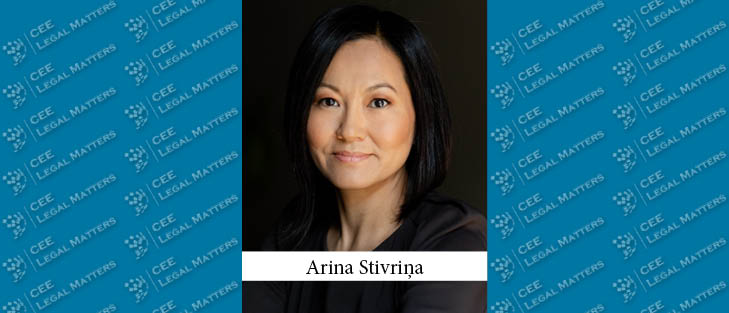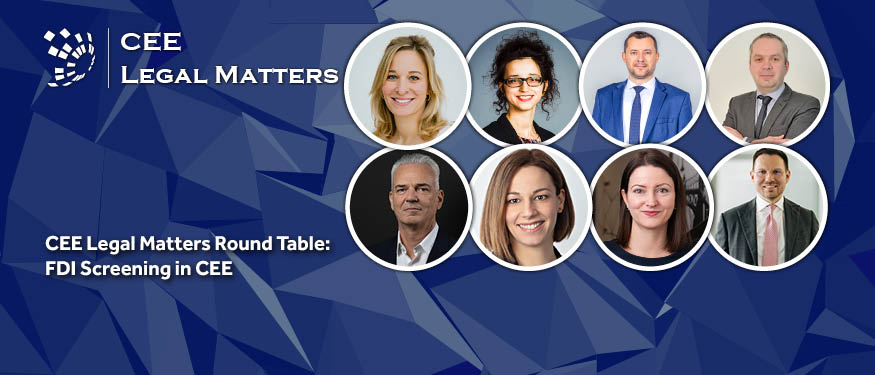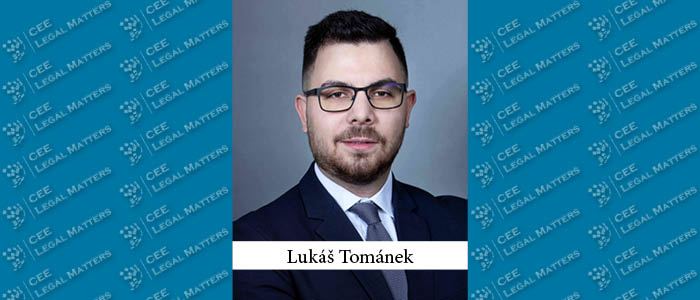Compliance Matters
The role of the in-house legal counsel in recent years has become intensely intermingled with compliance matters, which are of huge importance for international corporations. For example, American companies place great importance on anti-corruption compliance, and the U.S. Foreign Corrupt Practices Act is widely known and complied with in Europe due to its extraterritorial application.
Another area of importance is competition compliance. Competition authorities such the European Commission are quite active in investigating anti-competitive agreements and abusive behaviors of dominant companies.
Furthermore, as part of compliance programs and processes companies are focusing on risks related to fraud, health and safety, data protection, and cyber crime.
A core reason for the enhanced compliance systems and processes are the heavy fines (e.g., competition law infringements may lead to fines as high as ten percent of the annual worldwide turnover of the undertakings), damage to reputation, and potential for director disqualification and even imprisonment that may result from violations.
Thus, it is logical that the role of the legal counsel is often combined with that of compliance officer as compliance matters have significant legal implications.
Successful Compliance Programs
Companies and organizations should have a zero-risk appetite for breaking the law and violating the compliance programs in place. It is also vital that a company’s culture positively supports ethical and legal behavior.
A clear compliance program should be business-friendly and well understood. It is important both that the program be advocated from the top down, across the entirety of an organization, but also that there be bottom up buy-in from the business side.
The problematic issue with many compliance programs and processes is that they can be too heavy for the business to digest and sometimes create so much “noise” in the organization that employees lose sight of the essence of the message. They are often over-complicated with legal terminology and burdensome rules.
Our advice to companies is to establish a risk-based approach tailored to the specific needs of their organizations rather than a “tick box” compliance exercise. Many factors are relevant and should be analyzed, including the relevant industry, the external environment in the country, corruption perception, mentality of the people, and so on.
In 2016 we at AVON in Central Europe piloted an interesting way to present the essence of the legal and compliance rules under the internal brand of “Simply Legal.” Our materials are business-friendly and straight-forward. They present the basic topics in a way that is interactive, funny, and easy to remember.
As part of Simply Legal we created 60 second guidelines, DO and DON’T lists, videos and cartoons, and dawn raids guidance and instructions which are short in time and easy to remember. People learn while they have fun. The old-fashioned way of presenting long texts or power point presentation is far from catchy. People want it light and fast. In the digital era and with the dynamics we face in all industries and spheres, creativity is crucial to catch the attention of the business.
Companies should ensure constant updates, contact points for advice and training, and Q&A sessions with their in-house legal counsel.
Frequently, the legal counsel is supporting a Compliance department that is separate from the Legal department. The crucial element here is the communication and alignment between the two teams.
Promoting an Ethical and Compliance Culture
Many companies understand the importance of ensuring that they comply with the law and promoting a culture of compliance within their business. Commitment to compliance is vital and an integrity culture should be promoted to employees so that it is integrated in their mindset and prioritization list.
Here, apart from the trainings and other systems which may already be in place, another important component is a whistle-blowing system (sometimes called a Hot Line, Credo Line, Speak-up Line, etc.). Such systems allow for the free and anonymous reporting of improper behavior and practices within an organization. It is important that people feel free to use such lines anytime, anywhere, in any language, with confidence that no retaliation measures will be taken against them.
Compliance Testing & Monitoring and Compliance Audits
Integral parts of successful compliance systems and processes are compliance monitoring and audits. Whether performed by internal or external auditors/monitoring teams, such reviews allow for a check on compliance awareness within organizations, the processes behind the rules and policies, and the overall success of a compliance culture’s implementation.
At this stage the role of the legal counsel is more that of an ambassador, enhancing the processes of testing and auditing by providing clarifications, explanations, and guidance to the auditing teams.
This Article was originally published in Issue 4.4 of the CEE Legal Matters Magazine. If you would like to receive a hard copy of the magazine, you can subscribe here.
























